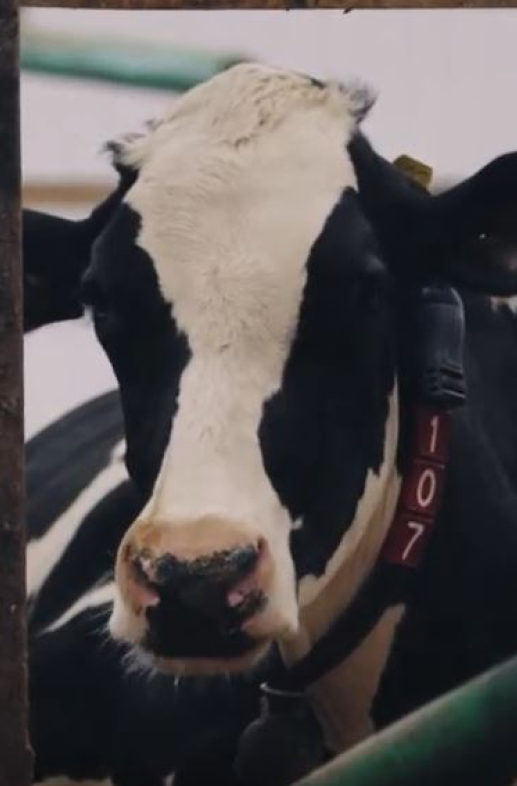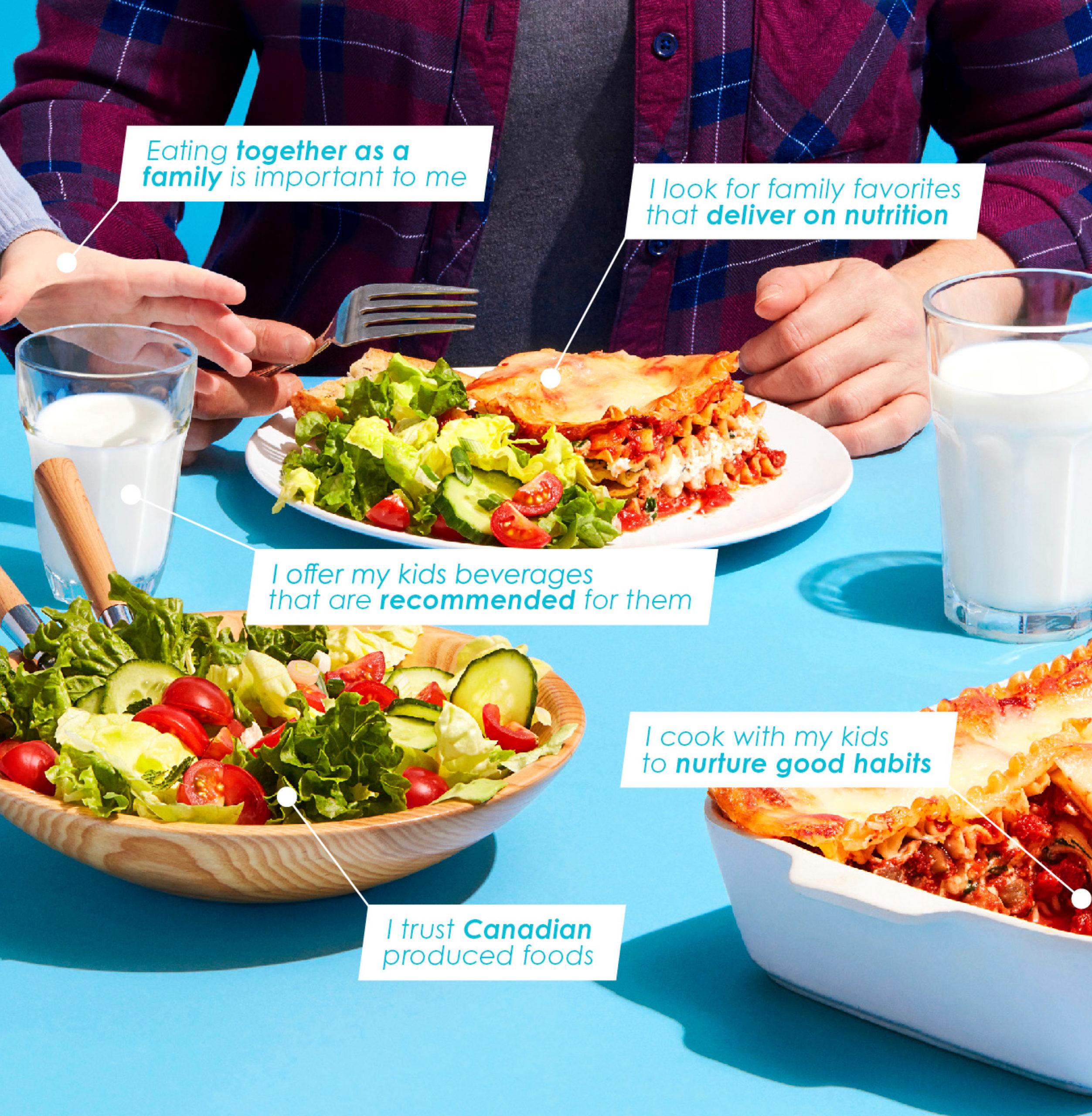What millennials need to
know about bone health
Bone health and dairy consumption share an age-old relationship. Including enough dairy during a person’s developmental years has the potential to build greater bone density, an important factor as we age.
As soon as women reach peak bone mass, around age 30, the decline begins to set in. It’s for this reason that registered dietitian Amanda Hamel encourages women under 30 to “build up their bone bank account.”
It’s those first two decades of life that you build your bone density for the long haul.
The key nutritional currency?
Calcium.
What role does calcium play in the body?
While most of the calcium in our body is stored in bones and teeth (where it supports their structure), your body needs calcium for muscles to move and nerves to conduct messages between the brain and every part of the body.
Bones are living tissue and get broken down and rebuilt throughout our life. If there isn’t enough calcium in our diets to support the needs for metabolic functions and regular bone maintenance, calcium is taken from our bones to satisfy those needs; hence the need for calcium beyond childhood and adolescence.
Who is most at risk of Osteoporosis?
Women are at a greater risk of developing osteoporosis – the condition in which bones become weak and brittle over time. Asian and Caucasian women are at the greatest risk of developing osteoporosis in their lifetimes, but it may happen to anyone.
Women should be aware of their bone health as hormonal systems between sexes do not favour females long-term, particularly around the age of menopause.
“It’s a time in life where women lose a lot more bone mass compared to men at a similar age,” Hamel says, adding that women begin to lose two to three per cent of their bone mass for five to eight years around menopause. “It’s really critical, for women especially, to get their recommended daily intake of calcium. Dairy is a great way to do that really quickly, so they have the reserves to last them throughout the menopausal years.”
How can you build up your bone bank account?
A greater “bone bank account” creates better long-term outcomes, and dairy consumption is one of the easiest and most nutritional ways to achieve strong bone health.
One serving of milk, regardless of fat content, provides 300 mg of calcium. Due to calcium being widely available in all dairy products, it is a key building block in healthy bones and represents an easy, bone-densifying food source.
“You get more bang for your buck when you consume dairy in your diet,” explains Hamel, who also serves as a nutrition educator with Dairy Farmers of Manitoba. “You need a lesser amount of food to consume through dairy, versus if you consume calcium from other sources. It’s really easy to get more calcium in your diet.”
As our bodies age, we eat less, which makes dairy a more efficient choice since it packs a greater calcium punch in smaller quantities compared to other foods.
| Recommended daily intake | 1,300 mg | 1,000 mg | 1,200 mg |
| Age | 9-18 years old | 19-50 | 50-plus |
Source: Osteoporosis Canada
Buyer Beware: Not all trends contribute to your “bone bank account”
Hamel notes that different food trends have placed a greater emphasis on plant-based eating, including oat, soy, and almond beverages as alternatives to traditional milk. Such beverages contain calcium carbonate, or re-introduced calcium, which the body takes longer to both absorb and use.
“Not all calcium is created equal,” Hamel says.
Beware of trendy diets such as intermittent fasting or the keto diet. These diets tend to restrict foods, which may lead to consuming inadequate bone-building nutrients.
“We do not have long-term studies to show the effects of these diets on our bone health, so I would proceed with caution,” says Hamel.
Weight-bearing activity helps maintain strong bones
Beyond diet, Hamel encourages women to be physically active saying, “better late than never” – and advocates for activity that stress our bones.
“It’s really important that we get weight-bearing exercises,” Hamel says. “It puts a little bit of strain on our bones and that encourages them to go through a breakdown and buildup cycle.”
Examples of weight-bearing activity include running, walking, stair climbing, carrying groceries, and even the occasional solo dance party.
The bottom line on calcium and bones
Canadian dairy has potential to build greater bone density. It is important, for women especially, to get their recommended daily intake of calcium (1,300 mg for those 9-18 years old, 1,000 mg for those 19-50 years old, and 1,200 mg for those aged 50-plus). However, beware of food trends as not all calcium is created equal. Lastly, doing physical activity can help maintain strong bones, even dancing it out to your favourite song. Overall, dairy is a truly local food high in calcium – and consuming it will have your bones thanking you later in life.
At the table
-
Kids in the kitchen
Not only does Nüton teach kids practical skills, but it also equips Manitoba teachers with knowledge.
-
Support local
Did you know you can support Canadian-made products even at the grocery store?
-
March is Nutrition Month
What you eat. Unique, like you.




